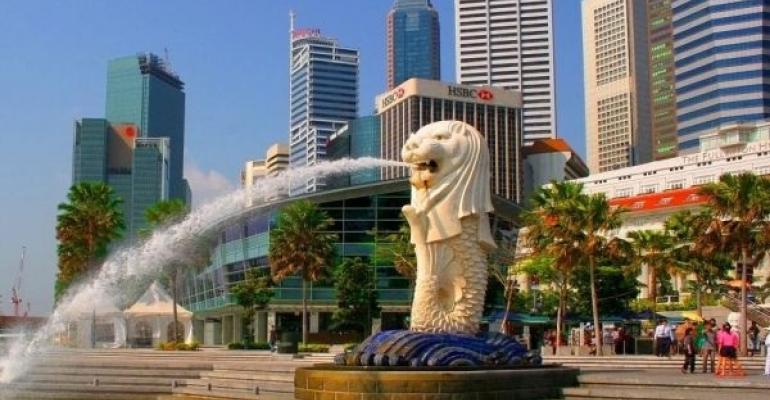Under MPA’s second edition of the Smart Port Challenge (SPC), three winners emerged for the 2018 SPC from amongst 17 finalists. A total of 122 proposals were received in response to 20 challenge statements identified by maritime companies in the areas of port operations, shipping and maritime services.
SPC is one of several industry-wide initiatives under PIER71 (Port Innovation Ecosystem Reimagined @ Block71) that seeks to build a vibrant maritime entrepreneurial and innovation ecosystem in Singapore.
SPC has created the platform for close collaboration between start-ups and maritime companies to develop innovative solutions, with technology as an enabler, for a smarter and more efficient maritime sector.
The participating start-ups went through PIER71 Accelerate, an eight-week market and business model validation programme where they learnt about the maritime sector, focusing on areas such as customer discovery, competitive analysis and prototype development.
Read more: Singapore launches maritime tech start-up platform
The first, second and third place winners of this year’s SPC were Ocean Freight Exchange, SkyLab and Claritecs. They received cash prizes of SGD10,000, SGD5,000 and SGD3,000 respectively.
“MPA started the Smart Port Challenge in 2017 as part of our wider efforts to promote innovation and catalyse collaborations in the maritime sector. With the formation of PIER71 with NUS Enterprise this year, SPC returned stronger with a 45% increase in proposal submissions as compared with last year. We are pleased to see many innovative prototypes and will continue to provide opportunities for start-ups as we embrace new technologies, such as Virtual Reality, Blockchain and Artificial Intelligence, that are transforming the maritime sector,” said Andrew Tan, chief executive of MPA.
Dr Lily Chan, ceo of NUS Enterprise, the entrepreneurial arm of National University of Singapore (NUS), noted on the importance of fostering strategic partnerships to help bride and provide platforms for start-ups to engage with the flagship industries.
“The maritime sector plays a crucial role in Singapore’s economy, but is known for being somewhat resistant to innovation and digitalisation,” Chan said.
“As such, it is heartening to see tech-savvy start-ups working closely with larger, well-established maritime corporates, to catalyse the digital transformation of the industry and create new opportunities for innovation-driven growth,” she added.
Beyond SPC 2018, MPA and NUS Enterprise will continue to provide a range of resources to support the 17 SPC start-ups in working with maritime companies to progress into the prototype development phase. These resources offer access to funding, international markets, innovative technologies and maritime expertise.
Copyright © 2024. All rights reserved. Seatrade, a trading name of Informa Markets (UK) Limited. Add Seatrade Maritime News to your Google News feed.


